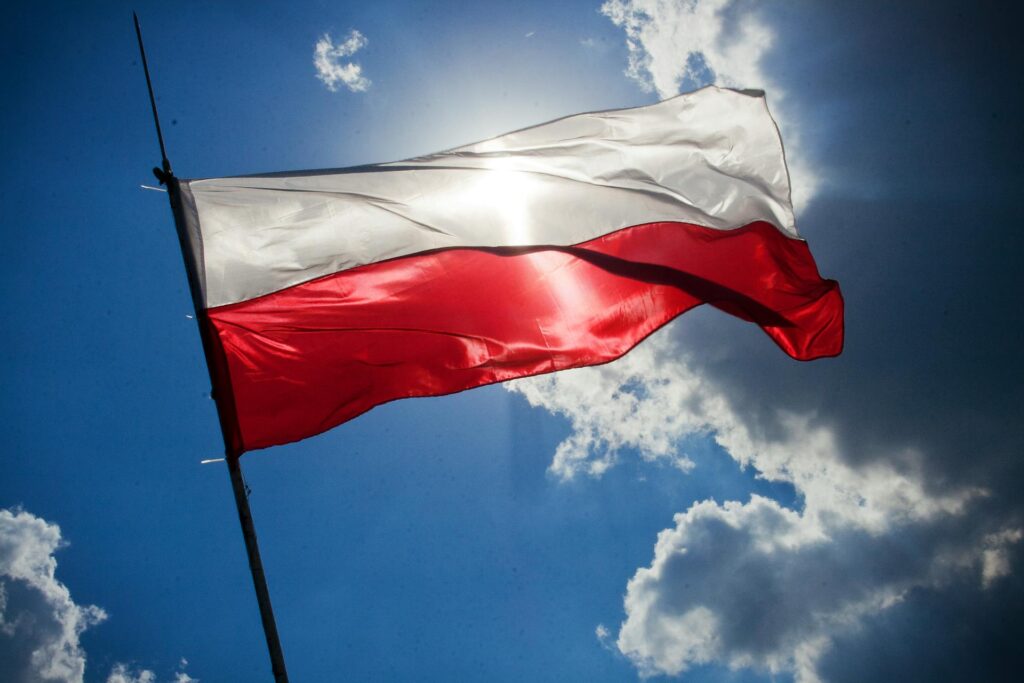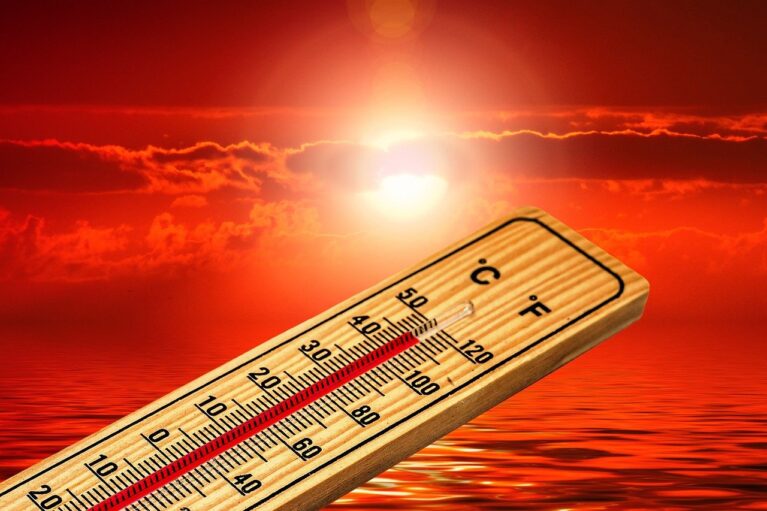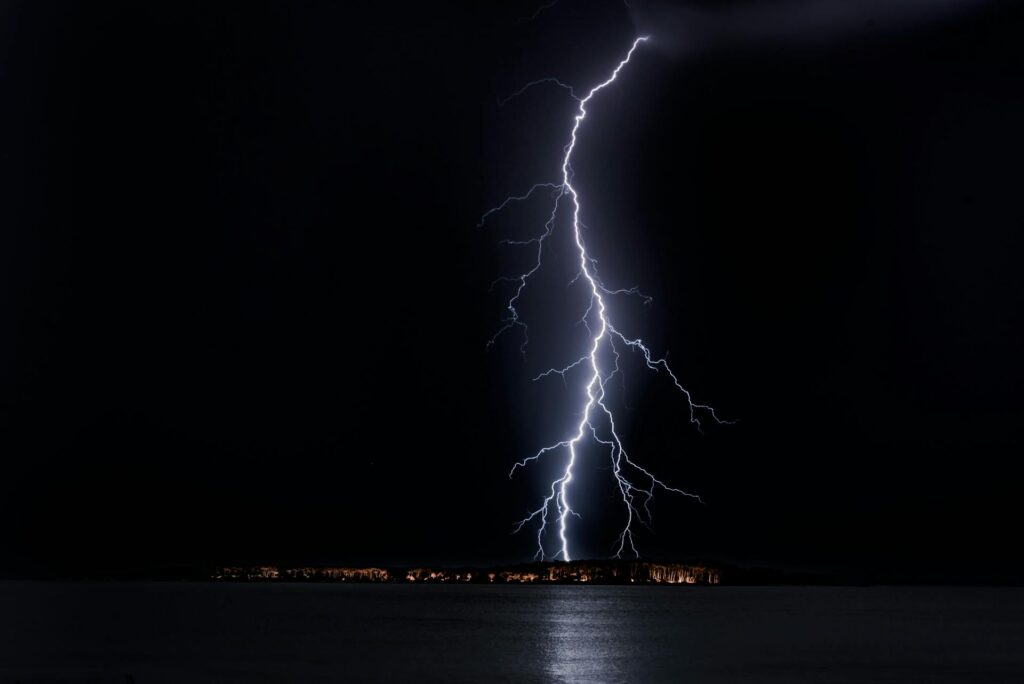Will Poland become a warm country in the near future?
High temperatures in December or February surprise us less and less. This is the result of global warming, which is not a myth heard on the street, but a real phenomenon we have come to face. The world in 2023 is a world 1.48 degrees Celsius warmer than the world during the industrial revolution.
High temperatures in December or February surprise us less and less. This is the result of global warming, which is not a myth heard on the street, but a real phenomenon we have come to face. The world in 2023 is a world 1.48 degrees Celsius warmer than the world during the industrial revolution.

However, this is not the end of the story. In March 2024, we also experienced high temperatures - on 30 March, a record high of 26.3 degrees C appeared on the thermometers in Tarnów. On that day, we enjoyed warmth across the country, even though in Krakow the thermometers could read 25.7 degrees C. These temperatures were exceptionally high, breaking the record set exactly 50 years ago in Nowy Sącz. The thermometer in 1974 showed 25.6 degrees C.

Did you know that.
On 30 March 2024, a record temperature of 26.3 degrees Celsius appeared on the thermometers in Tarnow. Thus, the record from 1974 was broken.
Global climate change means droughts, violent weather phenomena, heat waves also in our country. The above changes can already be seen today. We have been facing cyclical droughts since 2015. The result of which is the progressive disappearance of lakes and rivers. Until 2015, the norm was that in the 20th century, a drought occurred on average every 5-7 years. Hurricane-force winds are increasingly common in our country. Winds of 120 km/h are not an alien phenomenon in our country today. The result is broken trees, torn-off roofs and power outages in areas where such strong winds have occurred. Another violent weather phenomenon is thunderstorms, which are beginning to hit us all year round - an example of which is the storm in January 2022.

We are also starting to get used to the heatwaves that occur in our country. We can speak of heatwave when the temperature is 30 degrees C. and above. On the other hand, we speak of a heatwave when temperatures of 30 deg C. and above persist for a minimum of three days at 2 metres high. July and August are the hot months that are likely to bring us heat waves in 2024.
The consequences of climate change can be felt in our daily lives. In the last 70 years the temperature in Poland has risen by 1.7 degrees Celsius. We continue to observe an increased intensity and frequency of storms and heat waves. Due to our geographical location and the diversity of terrain, we are at high risk of dangerous weather events. Another fact is that climate change is occurring on a global, not a local scale. This means that everyone in the world is affected.
It is worth mentioning that the greater our awareness of this issue, the more we will be able to do. It is therefore crucial to recognise the phenomenon that is global warming. Interestingly, it turns out that an inconspicuous conversation about the weather, known from anecdotes, can be of great benefit to our planet these days.
Did you know that.
Global warming is not only raising the Earth's temperature, but is also making the oceans more acidic? This acidification can seriously affect marine life, especially shell-building organisms such as clams and corals, which need the right pH to form their structures.


